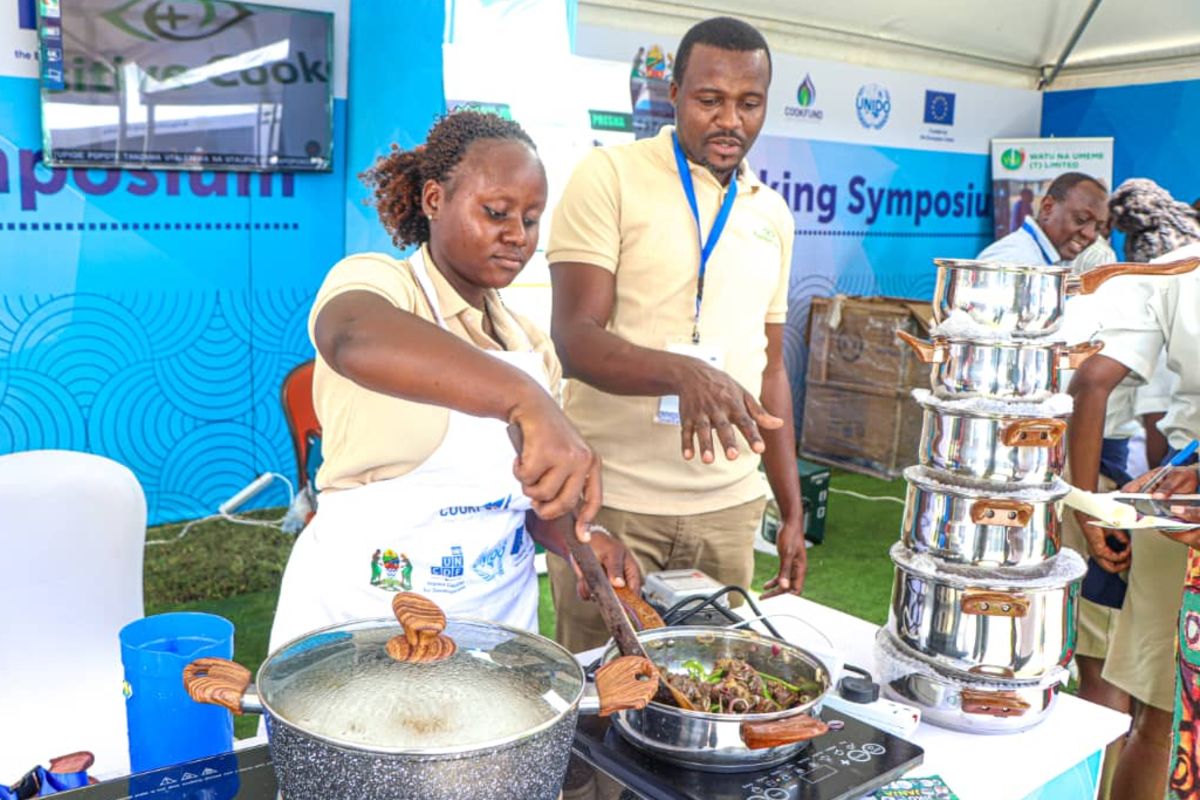Dar es Salaam. Katika kuharakisha matumizi ya nishati safi ya kupikia nchini Tanzania, Shirika la Umoja wa Mataifa la Mitaji ya Maendeleo (UNCDF) limependekeza ushirikishwaji wa viongozi wa dini na wale wa kimila katika kutoa elimu kwa wananchi.
Pendekezo hilo limetolewa leo Juni 21, 2024 na Ofisa Mwekezaji Mwandamizi wa UNCDF, Emmanuel Muro, katika kongamano lililoandaliwa na UNCDF kwa kushirikiana na Umoja wa Ulaya (EU).
Muro ameeleza kuwa malengo ya Serikali ni kuhakikisha kuwa ifikapo mwaka 2034, asilimia 80 ya Watanzania wawe wanatumia nishati safi.
Imani ya Muro ni kuwa viongozi wa dini na kimila wakishirikishwa katika kampeni hii, wataweza kuwafikia wananchi wengi zaidi na kuhamasisha matumizi ya nishati safi kwa ufanisi mkubwa kutokana na ukaribu wao nao.
“Tunataka siku moja kumuona sheikh na mchungaji wakielekeza namna ya kutumia jiko linalotumia nishati safi mbele ya waumini wao au kwenye vipindi vya televisheni na redio,” amesema Muro, ambaye pia ni meneja mradi wa nishati safi ya kupikia wa Cookfund.
Kwa upande wake, Meneja Programu wa Nishati wa EU, Massimilliano Pedretti, amesema tangu kuanzishwa kwa mradi wa nishati safi miaka miwili iliyopita, kumekuwa na mabadiliko makubwa.
Amesema wawekezaji kutoka nchi mbalimbali, wakiwemo kutoka Ujerumani, wamevutiwa kuwekeza nchini na kuwa Serikali imeonyesha kuunga mkono juhudi hizo, Rais Samia Suluhu Hassan akiwa kinara wa kampeni hiyo.
Akizungumza kwenue kongamano hilo, Ofisa Nishati kutoka Wizara ya Nishati, Joyce Msangi, amesema Serikali itaendelea kutunga sera wezeshi ili kurahisisha upatikaji wa nishati safi, ikiwemo kuondoa kodi kwa bidhaa zinazohusiana na nishati hiyo.
Source: mwananchi.co.tz














